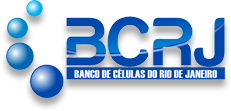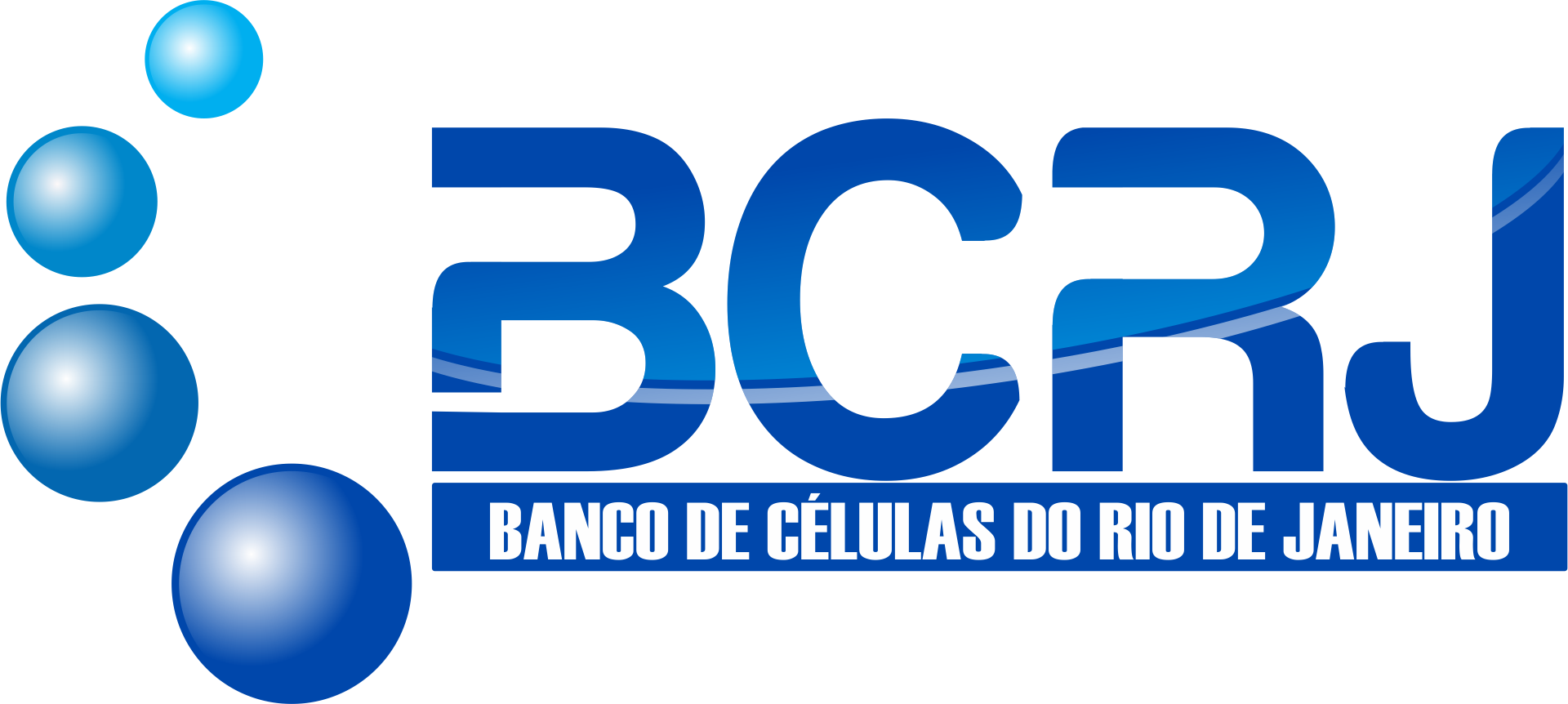| BCRJ Code | 0058 |
| Cell Line | C2C12 |
| Species | Mus musculus |
| Vulgar Name | Mouse, C3H |
| Tissue | Muscle |
| Cell Type | Myoblast |
| Morphology | Myoblast |
| Growth Properties | Adherent |
| Applications | Provides model to study in vitro myogenesis and cell differentiation. |
| Biosafety | 1 |
| Addtional Info | The C2C12 cell line differentiates rapidly, forming contractile myotubes and producing characteristic muscle proteins. Treatment with bone morphogenic protein 2 (BMP-2) cause a shift in the differentiation pathway from myoblastic to osteoblastic. |
| Culture Medium | Dulbecco's Modified Eagle's Medium (DMEM) modified to contain 4 mM L-glutamine, 4500 mg/L glucose, 1 mM sodium pyruvate and fetal bovine serum to a final concentration of 10%. |
| Subculturing | IMPORTANT - DO NOT ALLOW CULTURES TO BECOME CONFLUENT. Cultures must not be allowed to become confluent as this will deplete the myoblastic population in the culture. Myotube formation is enhanced when the medium is supplemented with 10% horse serum instead of fetal bovine serum. Remove and discard culture medium. Briefly rinse the cell layer with PBS without calcium and magnesium to remove all traces of serum that contains trypsin inhibitor. Add 2.0 to 3.0 mL of Trypsin-EDTA solution to flask and observe cells under an inverted microscope until cell layer is dispersed (usually within 5 to 15 minutes). Note: To avoid clumping do not agitate the cells by hitting or shaking the flask while waiting for the cells to detach. Cells that are difficult to detach may be placed at 37°C to facilitate dispersal. Add 6.0 to 8.0 mL of complete growth medium and aspirate cells by gently pipetting. Inoculate at a cell concentration between 1.5 X 10e5 and 1.0 X 10e6 viable cells/75 cm2. Incubate cultures at 37°C. NOTE: For more information on enzymatic dissociation and subculturing of cell lines consult Chapter 12 in Culture of Animal Cells, a manual of Basic Technique by R. Ian Freshney, 6th edition, published by Alan R. Liss, N.Y., 2010. |
| Subculturing Medium Renewal | 2 to 3 times per week |
| Culture Conditions | Atmosphere: air, 95%; carbon dioxide (CO2), 5% Temperature: 37°C |
| Cryopreservation | 95% FBS + 5% DMSO (Dimethyl sulfoxide) |
| Thawing Frozen Cells | SAFETY PRECAUTION:
It is strongly recommended to always wear protective gloves, clothing, and a full-face mask when handling frozen vials. Some vials may leak when submerged in liquid nitrogen, allowing nitrogen to slowly enter the vial. Upon thawing, the conversion of liquid nitrogen back to its gas phase may cause the vial to explode or eject its cap with significant force, creating flying debris.
NOTE: It is important to avoid excessive alkalinity of the medium during cell recovery. To minimize this risk, it is recommended to place the culture vessel containing the growth medium in the incubator for at least 15 minutes before adding the vial contents. This allows the medium to stabilize at its normal pH (7.0 to 7.6). |
| References | Qing Y, et al. Inhibitory effects of iron on bone morphogenetic protein 2-induced osteoblastogenesis. J. Bone Miner. Res. 26(6): 1188-1196, 2011. PubMed: 21308772 Chow YH, et al. Improvement of hepatitis B virus DNA vaccines by plasmids coexpressing hepatitis B surface antigen and interleukin-2. J. Virol. 71: 169-178, 1997. PubMed: 8985336 Hsu DK, et al. Identification of a murine TEF-1-related gene expressed after mitogenic stimulation of quiescent fibroblasts and during myogenic differentiation. J. Biol. Chem. 271: 13786-13795, 1996. PubMed: 8662936 Kessler PD, et al. Gene delivery to skeletal muscle results in sustanined expression and systemic delivery of a therapeutic protein. Proc. Natl. Acad. Sci. USA 93: 14082-14087, 1996. PubMed: 8943064 Katagiri T, et al. Bone morphogenetic protein-2 converts the differentiation pathway of C2C12 myoblasts into the osteoblast lineage [published erratum appears in J Cell Biol 1995 Feb;128(4):following 713]. J. Cell Biol. 127: 1755-1766, 1994. PubMed: 7798324 Blau HM, et al. Plasticity of the differentiated state. Science 230: 758-766, 1985. PubMed: 2414846 Yaffe D, Saxel O. Serial passaging and differentiation of myogenic cells isolated from dystrophic mouse muscle. Nature 270: 725-727, 1977. PubMed: 563524 |
| Depositors | Rosely Oliveira Godinho - UNIFESP |
| Cellosaurus | CVCL_0188 |



